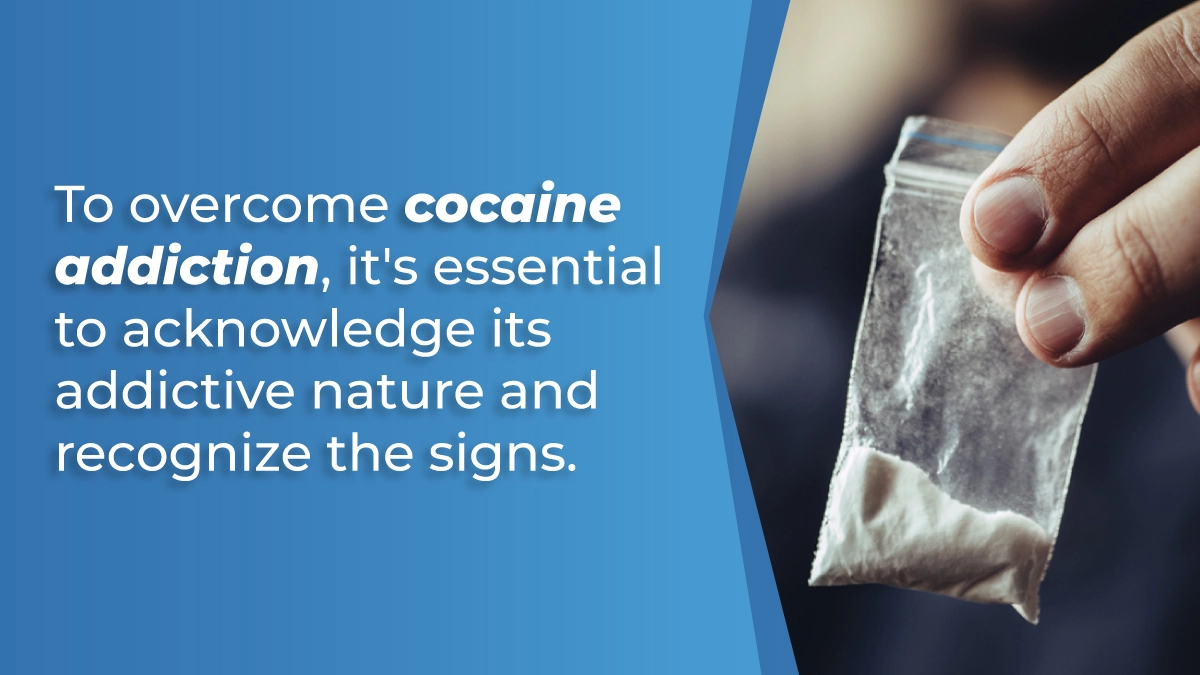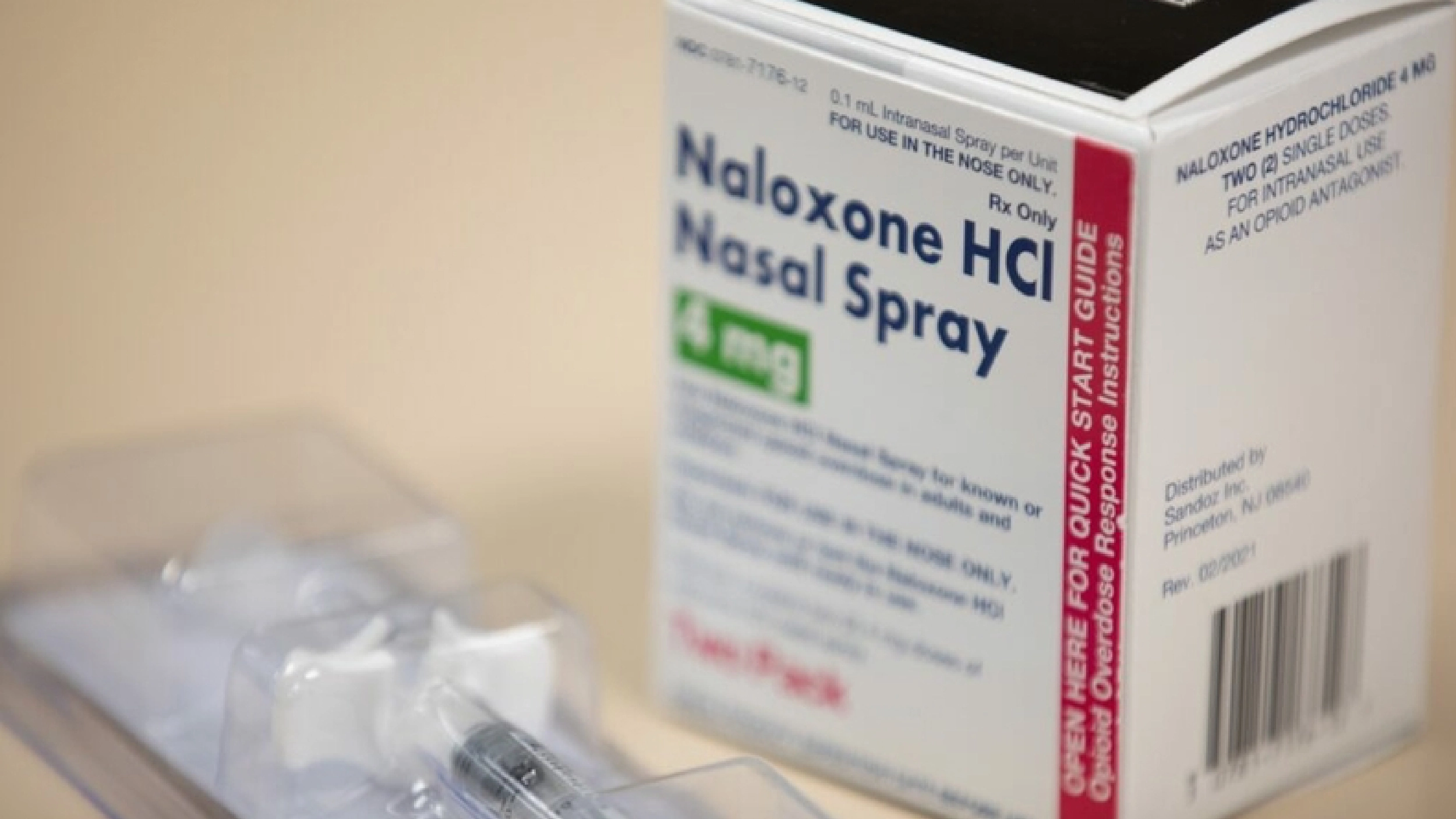
A Guide To Repairing Family Relationships
Discover expert tips for repairing family relationships and fostering healthy connections with The Recovery Team.

Overcoming cocaine addiction starts with acknowledging the struggle. It’s important to recognize the impact of addiction so that individuals can seek professional help. This can include cocaine addiction treatment, counseling, and medication to manage withdrawal symptoms and address the root of the issue. The support of friends and family is also essential in navigating this difficult journey.
Overcoming cocaine addiction requires professional help, family involvement, and holistic wellness strategies. Here’s what you need to know:
Contact The Recovery Team to help you in this life-changing path to recovery. Contact us at (800) 817-1247 today.
Cocaine, like many illicit drugs, is highly addictive due to its visible impact on the brain and body. The euphoric effects it induces create a powerful incentive for continued use. Individuals often experience intense cravings, leading to binge consumption and an increased risk of developing cocaine use disorders.
Cocaine alters the normal functioning of the brain, affecting decision-making and pushing individuals toward harmful behaviors. The drug primarily influences neurotransmitter activity, particularly dopamine, a neurotransmitter associated with pleasure and reward.
Upon cocaine use, there’s a rapid increase in dopamine levels in the brain. Dopamine normally recycles back into the cell that released it, but cocaine blocks the reuptake process, causing an upsurge of dopamine.
This heightened dopamine concentration intensifies feelings of pleasure and euphoria. Breaking free from addiction requires you to recognize the impact and signs of addiction. Understanding your condition can help you to overcome substance use disorder.
Cocaine addiction manifests through various signs and symptoms that, when identified, pave the way for effective intervention and recovery.
Individuals and their support networks can intervene effectively by understanding the common signs, symptoms, and the impact on overall well-being.
Identifying signs like acting differently, physical changes, or money troubles is essential. Understanding these signs is a significant step towards addiction recovery.
When your body develops dependence on drugs, you are likely to experience cravings and cocaine withdrawal symptoms.
Overcoming cocaine addiction involves addressing intense cravings for the drug. Urging to misuse drugs takes over other preferences, which is a major sign of cocaine dependence.
The onset of withdrawal symptoms signifies physical dependence, such as:
Moreover, it’s crucial to acknowledge that cocaine addiction can contribute to heart disease, exacerbate mental health issues, and even lead to suicidal thoughts. Seeking medical attention and exploring different ways to address mental illness are integral aspects of achieving sobriety and ensuring a healthier, more stable future.
Embarking on the journey to overcome cocaine addiction requires understanding the challenges involved and making a firm decision to change for the better.
Overcoming cocaine addiction presents significant challenges due to its powerful impact on the brain’s reward system. The body’s reaction to not having the substance can make things even more challenging with withdrawal symptoms.
Social stigma and the associated mental health issues further complicate the process. It’s crucial to set realistic goals and be honest with yourself about your addiction habits.
Being ready to change is a crucial step. It involves acknowledging the need for a new routine, including exercise and a healthy diet, and deciding to quit cocaine use. Establishing new coping ways and seeking help from a medical team are vital. Additionally, addressing any alcohol abuse alongside cocaine addiction is important for comprehensive recovery.
Inform your friends and family about quitting and seek their support. Surround yourself with positive influences who understand the challenges you are facing.
Share your journey with those you trust, allowing them to be a source of encouragement and accountability. Regularly communicate your progress and setbacks, fostering an open dialogue that strengthens your connections.
Remove triggers and temptations from your environment to create a healthy space for recovery. That may involve avoiding places, people, or situations that are associated with drug use.
Establishing a clean and organized environment can contribute to a sense of control and stability, aiding relapse prevention. Additionally, consider engaging in activities that promote wellness, such as introducing plants or personalizing your surroundings to reflect your commitment to a healthier lifestyle.
Overcoming substance use disorder involves various strategies, ranging from medical interventions to holistic approaches, each tailored to meet the unique needs of the person seeking recovery.
For some people, medical detoxification is the starting point. This process, often done under professional medical supervision, helps manage withdrawal symptoms as the body adjusts to not using cocaine. It’s a critical step before moving on to other treatment options.
Cognitive behavioral therapy (CBT) is a type of counseling that helps patients identify and change negative thought patterns and behaviors associated with cocaine use. This therapy aims to provide practical skills to cope with cravings and stress.
Medication-assisted treatments involve the use of medications, combined with counseling and support, to address cocaine addiction. These prescription pills can help reduce cravings and support a person’s journey toward recovery.
Holistic approaches consider the whole person, not just the addiction. That includes support groups, treatment programs, and professional help encompassing physical, mental, and emotional well-being. Activities and therapies promoting overall wellness are crucial for sustained recovery.
Navigating through highly addictive drugs like cocaine requires professional support. Involving family members in the recovery process strengthens the support system, fostering a more comprehensive and enduring rehabilitation.
Once someone stops using cocaine, it’s important to keep working on staying away from it for a long time. That involves using helpful strategies and making choices that support a healthy life.
Dealing with things that make someone want to use drugs (triggers) and the strong desire to use them again (cravings) is a major part of staying sober. Learning ways to manage these feelings is crucial. It could mean getting support from groups like Cocaine Anonymous or creating a safe place for emotional support.
Even after someone has stopped using drugs, it’s still helpful to talk to someone about how they feel. That could be one-on-one talks, talking in groups, or using therapies that help change behavior. It’s essential if someone uses other drugs like heroin. Groups like Alcoholics Anonymous can be really helpful.
Staying away from drugs is more accessible when someone takes care of their overall health. That includes the body, mind, and emotions. Being surrounded by people who support sober living and motivate you to quit substance use helps you stay on the right track. Try yoga, meditation, or any exercise to maintain your well-being.
By focusing on a healthy lifestyle, using coping techniques, and keeping up with a healthy diet and exercise, someone who has stopped using cocaine can build a strong foundation for a life without drugs. Moreover, getting emotional support is key to keeping everything balanced and staying on the path of a drug-free life.
Cocaine addiction is a complex mental illness, and overcoming it can be challenging. Accepting help is the first step to recovery, and we at The Recovery Team support you.
Our center provides effective cocaine addiction treatment services. Through our different levels of care, each tailored to unique needs, we provide a drug-free environment and aim to help you heal from the effects of cocaine abuse.
Let’s pave a path towards a sober life together. Contact us at (800) 817-1247 today for more information.

Discover expert tips for repairing family relationships and fostering healthy connections with The Recovery Team.

Discover practical tips on how to set boundaries with people in this expert guide from The Recovery Team.

Naloxone saves lives. The Recovery Team shares how to reverse an opioid overdose with this drug.
Quitting cocaine can be challenging because it is a highly addictive drug that alters the brain, creating a strong craving for more. Overcoming this habit demands time, dedication, and a supportive environment. Breaking free involves rewiring the brain’s associations with the drug, making the process tough.
Recovery duration varies, often taking several months. It’s a gradual process involving physical and mental adjustments, seeking support, and adopting a healthier lifestyle. Each person’s journey is unique, influenced by factors like individual circumstances and the extent of addiction.
Withdrawal symptoms include fatigue, mood swings, and intense cravings. These symptoms gradually diminish with proper support and treatment, allowing individuals to navigate recovery easily. Seeking